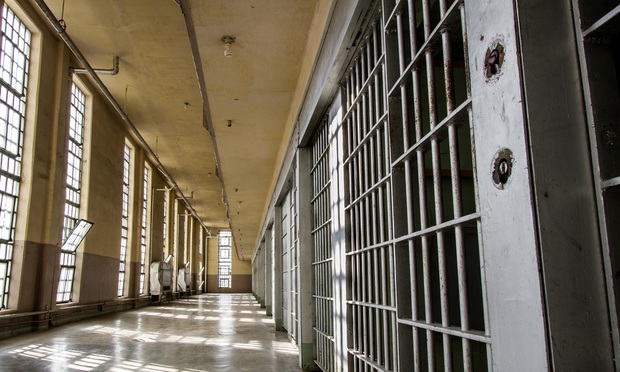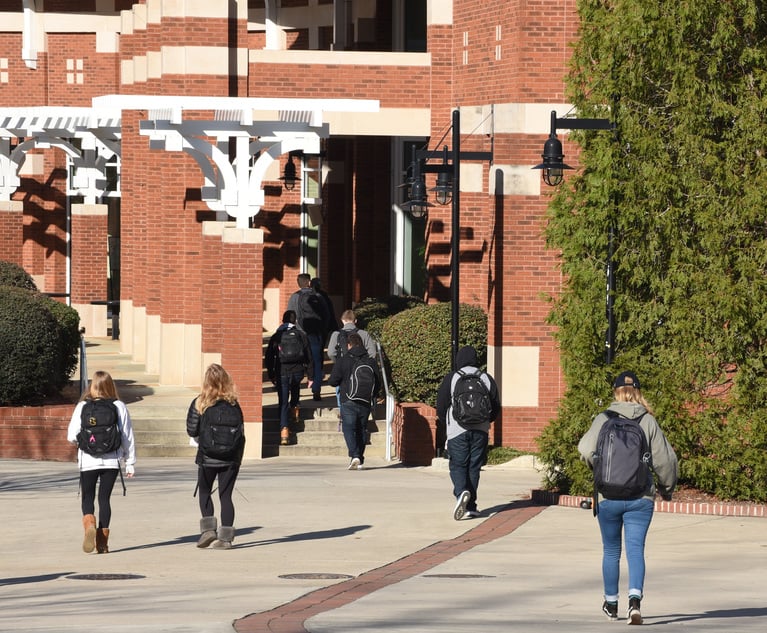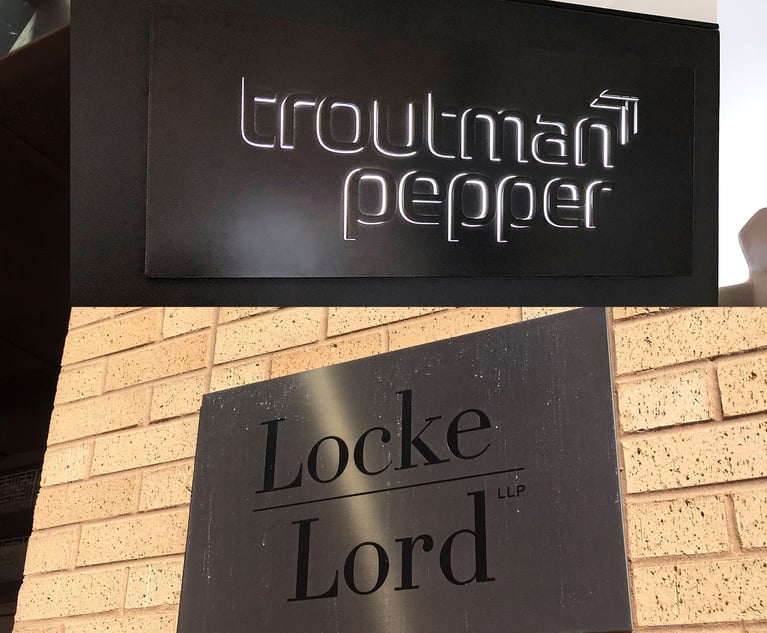The Philadelphia District Attorney’s Office joined counsel for two men on death row in urging the Pennsylvania Supreme Court to strike down the state’s death penalty as unconstitutional, but the attorneys faced tough questions from several justices about whether the court had the power to address the issue or whether the question should be left entirely to the General Assembly.
The justices heard arguments Wednesday morning in the consolidated appeals of Cox v. Commonwealth and Marinelli v. Commonwealth. The court agreed to take up the case late last year, using its extraordinary King’s Bench jurisdiction, to hear arguments about whether the state’s death penalty regime is unconstitutional as it is being applied.

 Photo: Shutterstock.com
Photo: Shutterstock.com








